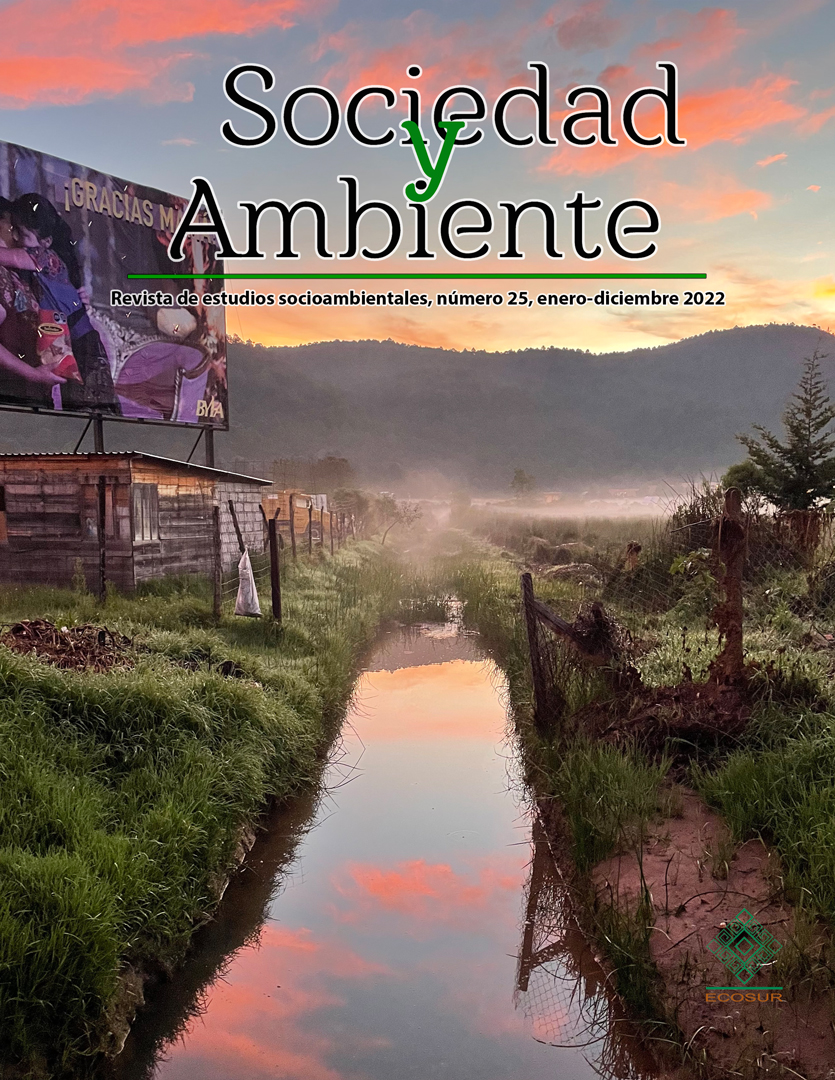Abstract
When facing climate change as a challenge, it is essential to know the communities’ adaptation capacities to define the appropriate strategies and public policies that reduce their vulnerability. In this research, we aimed to design and to validate a set of indicators and measure the adaptive capacity (at the ejido level) of the coastal communities of San Blas, Nayarit (Mexican Pacific), as a case study. We used the sustainable livelihoods (MVS by its acronym in Spanish) approach as the theoretical basis of the indicator’s model to measure adaptive capacity in five dimensions (natural capital, social capital, financial capital, human capital, and physical capital). We validated the indicators with information from two time periods, 2000-2009 and 2010-2019. As a result, we obtained 22 indicators: four from the natural capital, five from the social capital, four from the financial capital, four from the human capital, and five from the physical capital. The study area showed a low level of adaptive capacity, which decreased from 35 % in the 2000-2009 period to 30 % in the 2010-2019 period, with financial and human capital being the lowest in both periods. One of the study’s limitations was the lack of information at the local level, which involved estimating data by the per capita correction. These indicators are expected to serve as a diagnostic tool for the adaptation strategies development in Mexico and other regions in Latin America.

Sociedad y Ambiente by ECOSUR is licensed under a Creative Commons Reconocimiento-NoComercial-SinObraDerivada 2.5 México License


